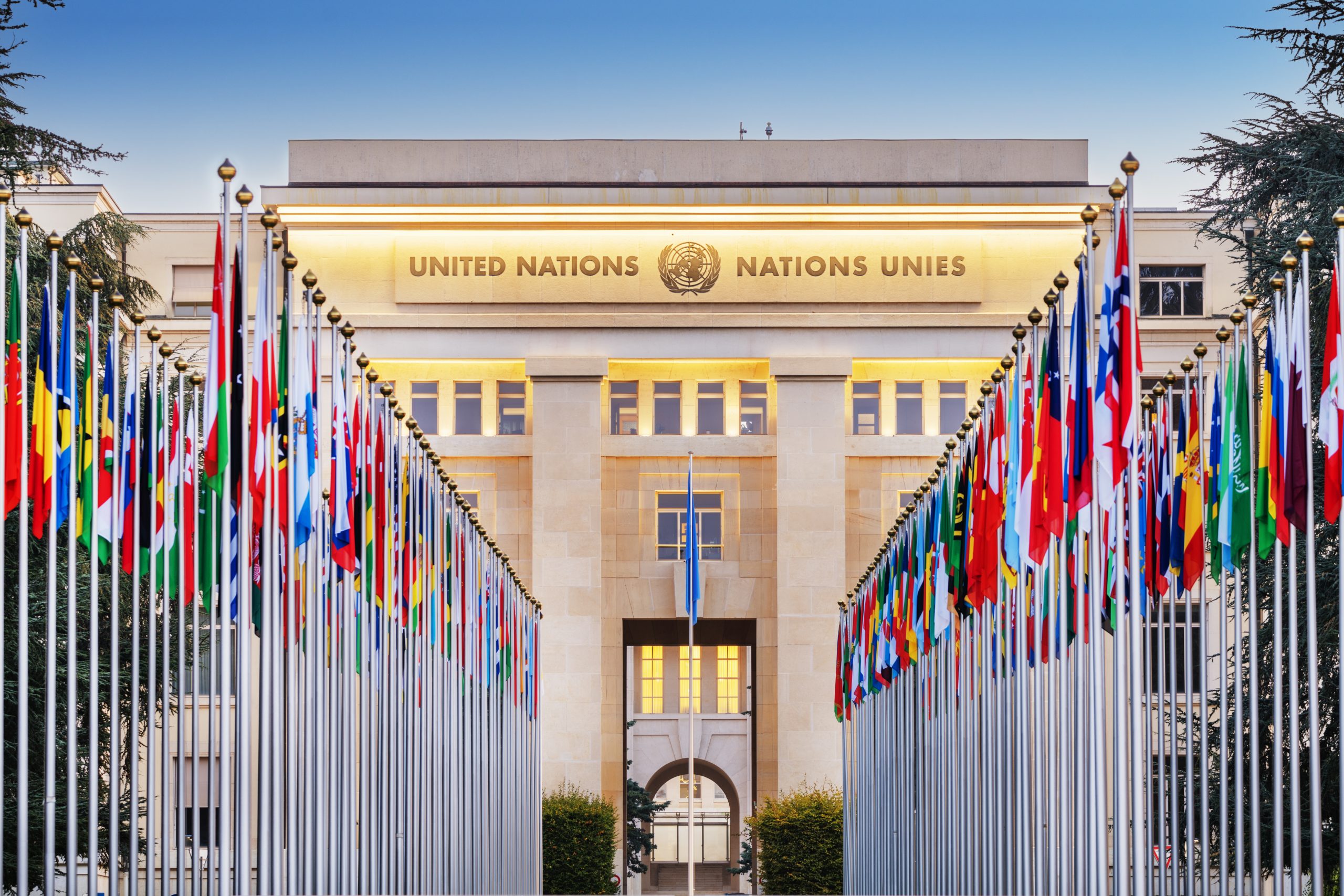UN Secretary-General António Guterres recently announced that the global offices of UNICEF, UNFPA, and UN Women will be relocated—either in part or in full—to Nairobi by 2026. Guterres emphasized that Africa is a priority and that investing in the continent is a duty for the UN, but as our infographic shows below, the UN remains rooted in 80 year old power structures.
Africa, home to 17% of the world’s population, hosts only 6% of UN headquarters. Many agencies run extensive programs on the continent, yet their headquarters remain distant, often resulting in policies disconnected from local realities. UNEP and UN-Habitat, despite being based in Nairobi, have consistently been led by non-African nationals—raising concerns not just about representation, but about the depth of local buy-in.
The financial dominance of the U.S. and Europe heavily influences UN policy and decision-making. As the largest donor, the U.S. contributes billions annually—translating into disproportionate sway. UN agencies openly acknowledge this donor-driven dynamic. In UNICEF’s case, U.S. support is deemed “indispensable,” with American chiefs historically being valued not just for the dollars they bring, but for enhancing Washington’s standing.
The concentration of power within UN leadership is particularly striking. The United States alone holds 15 head or deputy head roles across various agencies – an unparalleled level of influence. Since inception, every Executive Director of UNICEF has been American; while the World Food Programme and the Office of the High Commissioner for Refugee has been led by Americans for 32 years and 25 years respectively.
The case for shifting more UN headquarters to Africa is not just about fairness—it’s about efficiency, responsiveness, and legitimacy. Africa is at the heart of many UN operations, from humanitarian relief to climate adaptation. Relocating headquarters closer to where policies are implemented would improve response times, enhance coordination with regional institutions, and reduce operational costs. Crucially, it would allow African stakeholders greater access to leadership and real-time influence over strategy.
As Africa prepares to become home to the world’s largest workforce by 2050, the practical case for proximity is undeniable. For the UN to remain effective and legitimate, it must follow the example of INGOs like Oxfam, ActionAid and Amnesty International, which have shifted leadership functions to Africa—recognizing that legitimacy grows when decisions are made near those most affected.
Strategic change is essential. African countries with strong governance and diplomatic hubs offer viable homes for agency HQs. Offices like UNDP, WHO, and UNHCR could better serve their missions by being based closer to the regions they impact most. As the last African SG, Kofi Annan, served nearly two decades ago, the upcoming UN Secretary-General elections in 2025 offer a critical opportunity to address the gap.
Africa is no longer a passive recipient of global policy but a key player shaping today’s economic, political, and social agenda.
To understand this in more detail, read our infographic below:

At Development Reimagined, we’re dedicated to transforming the global conversation on development by expanding the reach of innovative perspectives that put Africa first.
Hence, we welcome and permit you and your media organization to quote, link to, and/or comment on our research reports and visual analytics on your organisation’s website or social media posts under the condition that you provide proper attribution including reference by name to Development Reimagined and a link to the source on the DR website, for any text, charts, images, or other DR content you use.
To find out how Development Reimagined can support you, your organisation, or Government, please email the team at clients@developmentreimagined.com.
Special thanks go to Ivory Kairo, Teta Mukulira and Judith Mwai for their work on the graphics and for collecting/analysing the underlying data and this accompanying article.
The data was only collected from un.org and affiliated agency websites.
If you spot any gaps or have any enquiries, please send your feedback to us at media@developmentreimagined.com, and we will aim to respond ASAP.


